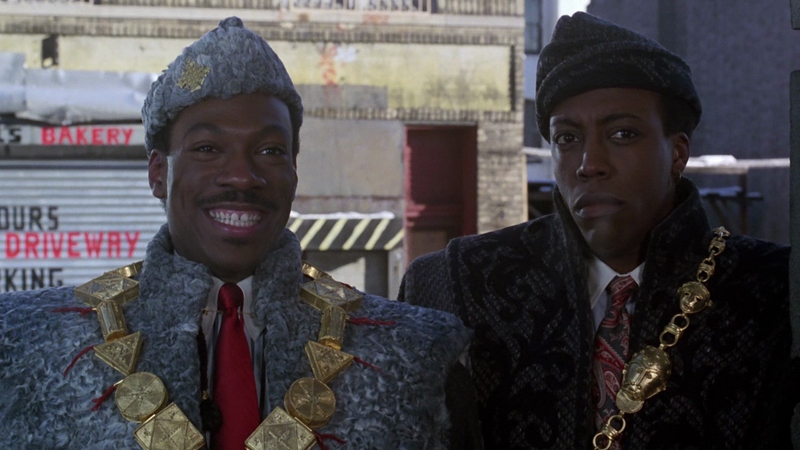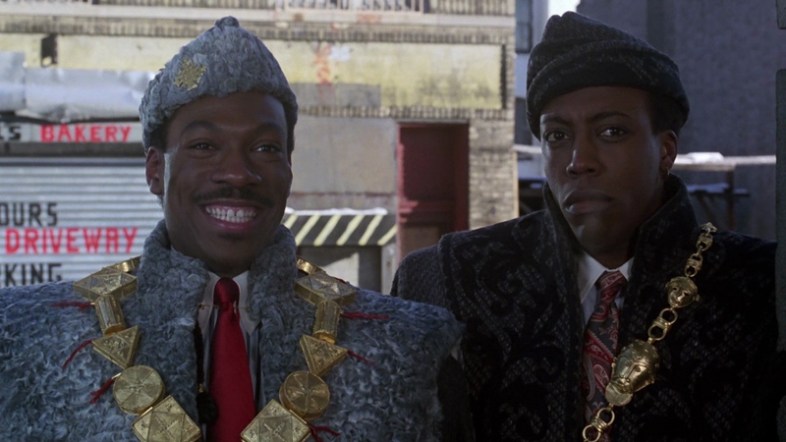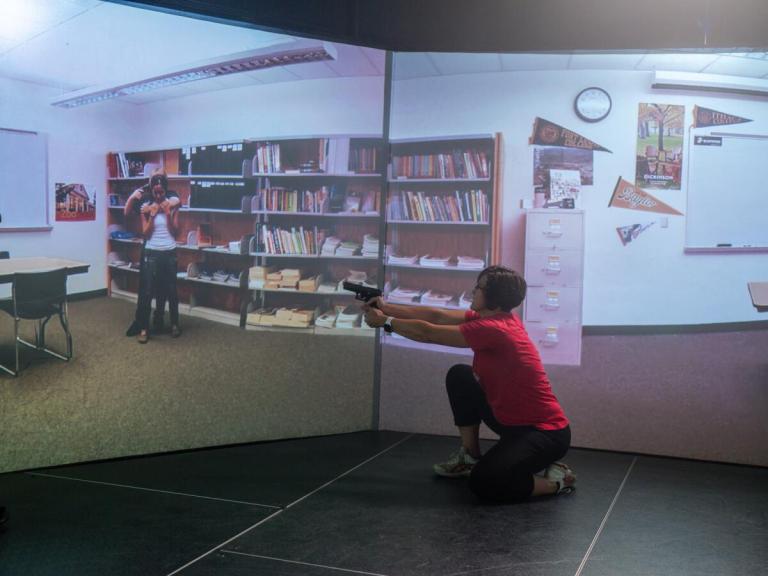
19 Bitter-Sweet Realities Only People Who Live Far Away From Their Families Will Understand
You realize perhaps more easily than you would if you saw them all the time, that your parents are not just your parents. They were people with dreams, and hopes and fears, and baggage. And they are getting older with all those things. As are you.

1. That awkward moment when you’re around people who talk about missing their families, but can literally drive a few hours or book a short plane ride to see them. And then say to you, “I don’t know how you do it.” There is no adequate response to this ever.
2. Yes, you can be “close” to your family even if you live thousands of miles away from them. And yes, it is a little condescending to say to our faces, “I am too close to my family to live so far away from them.” Subtle shade is still shade.
3. The feelings of both stress and excitement whenever you are about to go and see your family. Stress because there is usually so much planning involved, not to mention all the anticipation. Excitement because well, duh, you usually haven’t seem them for a long-ass time.
4. Sometimes you have to use your “vacation” time to see your family and well, it doesn’t always feel like a vacation. In fact, sometimes it feels like you still need a vacation after seeing your family.
5. When you get homesick, you really get homesick. You literally can’t do anything but wait until passes. And sometimes calling home just makes it worse.
6. You learn to appreciate kind gestures from people around you that remind you of home – whether it’s somebody inviting you to their family’s Sunday night dinner or friends who always make sure you get a birthday card.
7. There is a special kind of loneliness that will always creep in when you spend particular holidays without your family. You may learn to deal with it but it never goes away.
8. There are friends, and there are friends who feel like family. The latter are fewer but are the reason why you are able to live so far away from yours.
9. That said, you know how to make friends easily and quickly wherever you may find yourself. For you, it is quite literally a tool of survival.
10. But you also know how to be alone and not need people. Not because you don’t want to need people but because you’ve learned how to be comfortable with your own company.
11. You’re very open to change most of the time because chances are, your life has exemplified the adage, “Change is the only constant.”
12. You’re pretty convinced that you can live almost anywhere and be happy. But you’re also pretty convinced that you want to be surrounded by people who come from everywhere to make anywhere “home.”
13. For you, “home” is about people and not places. And even when it is about places, sometimes it’s about future places, not past ones.
14. You live in the space between feeling like you don’t fit it in the places you used to know, even when your family lives there. And knowing that you won’t completely belong to the places you find yourself in right now.
15. You develop a strange relationship with your parents where you know they’re still their child but they sometimes treat you like a sibling or close friend, with how they confide in you.
16. You realize perhaps more easily than you would if you saw them all the time, that your parents are not just your parents. They were people with dreams, and hopes and fears, and baggage. And they are getting older with all those things. As are you.
17. Your relationship with your siblings will change. Sometimes it’ll feel like the version of them you have is one from the past. And you will have to make an effort to get to know who they are in the present.
18. You don’t always understand how much you change until your family points it out.
19. But no matter how things change and how you change and where you live or where they live, you learn that family that has your back will always have your back. And there is no better feeling on earth than knowing you can count on them. ![]()











